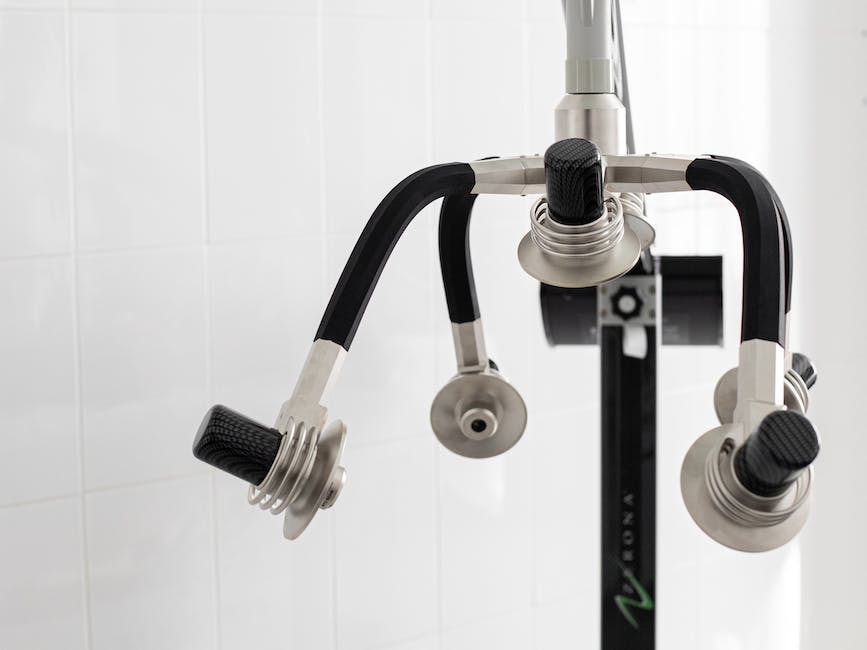
The Pros and Cons of a Nursing Career
Exploring the Benefits and Drawbacks of Working in Nursing
Nursing is a vital profession that plays a crucial role in healthcare settings. It encompasses a wide range of responsibilities, from providing patient care to collaborating with healthcare teams. As with any career, nursing has its advantages and disadvantages. In this article, we'll explore the pros and cons of working in the nursing field, offering insight into the rewarding aspects as well as the challenges that nurses may encounter.
Whether you're considering a career in nursing or simply want to gain a better understanding of the profession, it's essential to weigh the positive and negative aspects. By delving into the advantages and disadvantages, you can make informed decisions about pursuing a nursing career.
Pros
Working in nursing comes with a multitude of advantages that make it a fulfilling and impactful career choice. Let's explore the positive aspects of being a nurse.
Missing a pro?
Cons
While nursing offers numerous rewards, it also presents challenges and drawbacks that individuals in the field may encounter. Let's explore the less favorable aspects of a nursing career.
Missing a con?
Conclusion
In conclusion, nursing is a multifaceted profession that offers incredible rewards as well as significant challenges. While the positive impact on patients and the variety of career opportunities are appealing, nurses must navigate the physical, emotional, and occupational demands of the field. Understanding the full scope of advantages and disadvantages can better prepare individuals for a career in nursing, ensuring informed decisions and realistic expectations.
What do you think?
Do you think the pros outweigh the cons?








